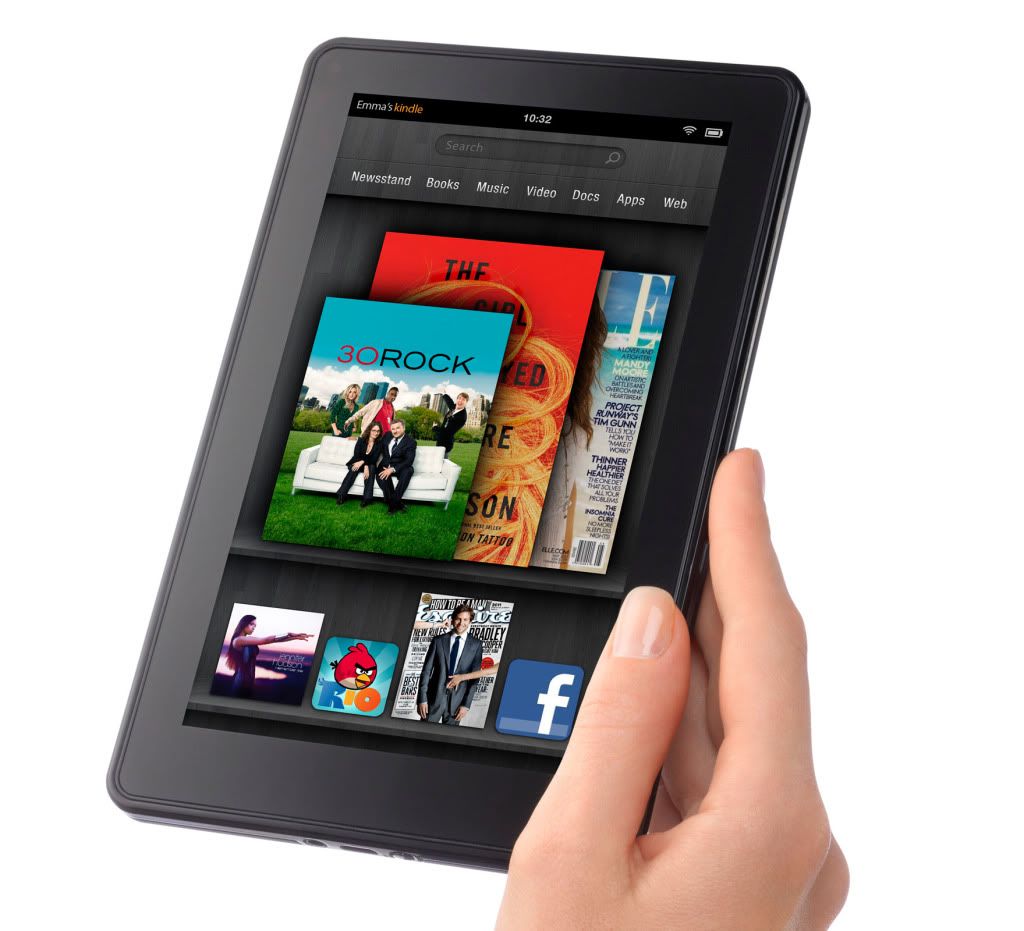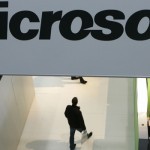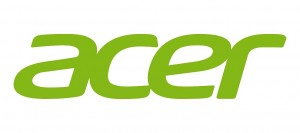Appcelerator, a new platform and services company that is enabling Web developers to build intuitive, content-rich applications for Mobile, Tablet and Desktop platforms, and IDC revealed that Amazon’s new Kindle Fire edged Samsung Galaxy Tab as the leading Android Tablet in North America, on par with interest for the iPad prior to its launch in April 2010, and second only to the Galaxy Tab globally with developers.
With 2,160 Appcelerator Titanium developers surveyed, the study also discovered that Microsoft’s Windows Phone 7 decisively moved ahead of RIM’s BlackBerry OS to become the clear number three mobile OS behind iOS and Android. Appcelerator and IDC also continued their research into how companies are making the move from the web to mobile.
Amazons Kindle Fire is a smaller, cheaper Android-based tablet that leverages its large content library while Microsoft’s Window’s Phone 7 is building strong European developer enthusiasm thanks to its Nokia partnership. Developers and businesses gave high marks to these strong moves, which contrast sharply against BlackBerry OS, BlackBerry’s QNX-based PlayBook, and webOS, all of which collapsed in interest with developers this past quarter.
In North America, Kindle Fire got 49% while Samsung, Motorola Xoom and Barnes & Noble NOOK acquired 48%, 37% and 24% respectively. Worldwide, meanwhile, Samsung tops the chart with 56% while Amazon Kindle Fire, Motorola Xoom and HTC Flyer got 43%, 35% and 25% respectively.
Surveyed among 15 Android tablets, the lowcost, content-rich eReader was second only to the Samsung Galaxy Tab globally in developer interest. A regional breakdown shows Amazon edging Samsung in North America for the top slot. At 49% very interested in North America, the Kindle Fire is just 4 points less than interest in the iPad (53%) prior to its launch in April 2010.
However, Kindle Fire’s potential drawbacks include fragmentation and lack of features like camera and geo-location. Those were the two top concerns cited by developers. Assuming Amazon sells well last holiday season, Android developers will need to consider yet another set of different capabilities. This time, Google will be less able to exert control over Amazon’s divergent Android path.
Meanwhile, Windows Phone 7 separated from the pack to become the clear number three mobile platform this quarter. The OS climbed 8 points to 38% of respondents saying they are “very interested” in the platform, the highest ever for Microsoft.
When asked why developers are more interested in Windows Phone 7 now than a year ago, a plurality (48%) said it was the Microsoft/Nokia partnership. Nokia also received high marks from its new Lumia Windows Phone 7 smartphone announcement last month, with 28% of developers saying they are “very interested” in developing for the device. This is more than double the interest in Nokia’s own Symbian and MeeGo OSes since Appcelerator began reporting mobile platform interest in January 2010.
iOS continues to reign at number one in developer interest levels with 91% of respondents saying they are “very interested” in developing for the iPhone, followed by the iPad at 88%. Apple continued to hold onto its number one position in part due to iOS 5, which was cited as the most significant announcement this past quarter.









